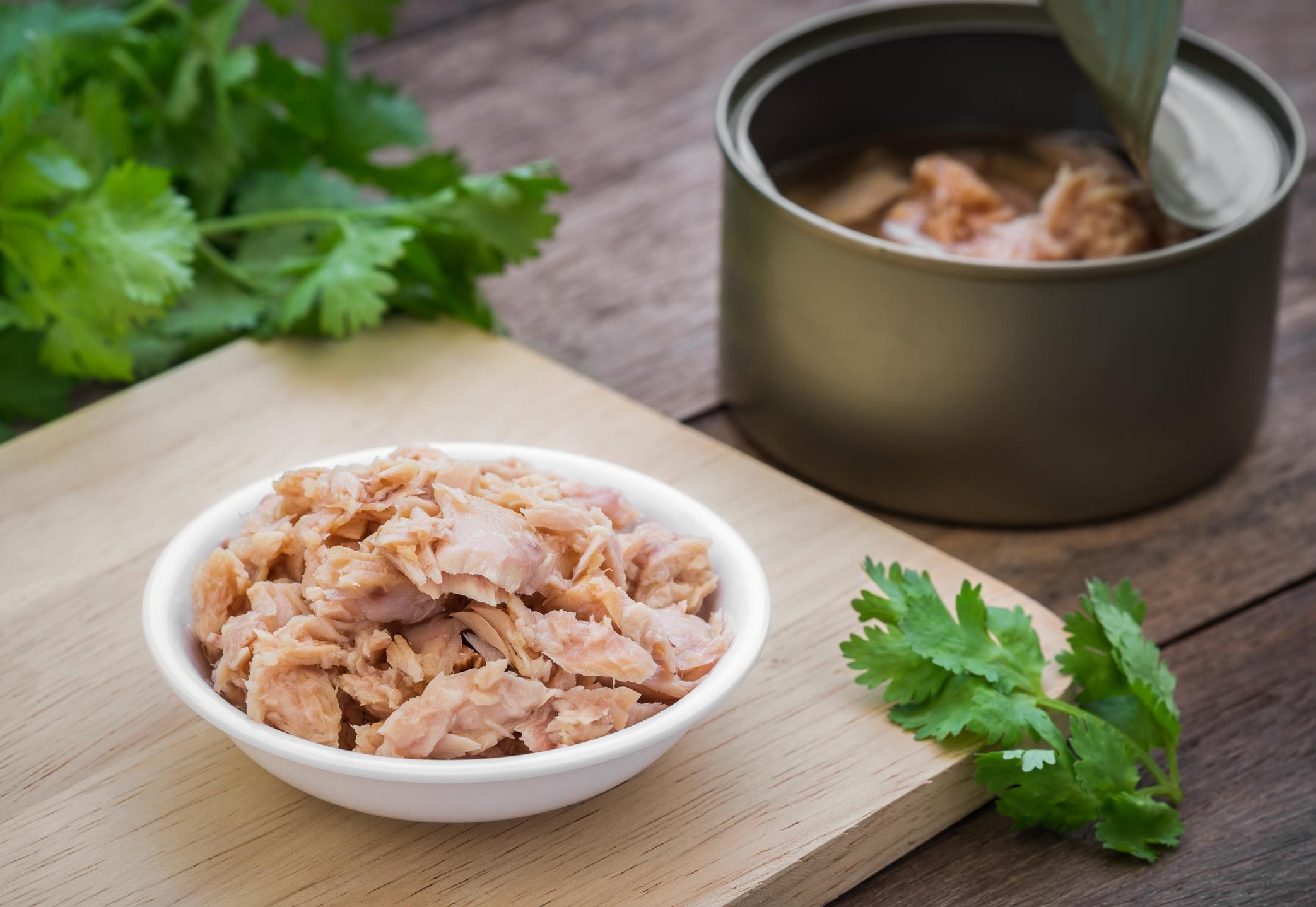July 10, 2003 – The United Nations halves the amount of weekly mercury it considers safe for pregnant women.
The weekly standard, which was previously 3.3 micrograms per pound of weight, is now increased to 1.6 micrograms (one microgram is the equivalent of one millionth of a gram). This means that a woman weighing 75 kilos (165 pounds) should not consume more than 120 micrograms of mercury per week.
This recommendation was formulated after a meeting of experts brought together under the aegis of the World Health Organization and the World Food Program.
Scientists have long believed that exposure to mercury can cause serious neurological sequelae for the fetus (although a recent study seems to show the opposite; see the PasseportSanté.net article on this subject, dated May 16, 2003) . Since fish are the main agent of mercury ingestion, Health Canada advises pregnant women (or thinking of becoming pregnant) as well as young children to limit their consumption of species such as sharks, swordfish, swordfish to one meal per month. tuna and marlin.
In addition, American researchers believe they can explain the link between autism and mercury. In studying 139 babies, the researchers found that the more a child had severe autism, the lower the amount of mercury in the hair samples analyzed.
Two hypotheses are raised. At first, children with autism may not be able to metabolize certain metals such as mercury, zinc, iron and copper. While the first is toxic, the other three are essential for brain development. The low amount of mercury in their hair would therefore be indicative of the problem.
Otherwise, children with autism may also have difficulty effectively removing mercury from their bodies. In this case, the small amount of mercury in their hair would indicate that the metal is being held captive in their cells rather than being hated.
Jean-Benoit Legault – PasseportSanté.net
According to UN and BBC News; June 18 and July 1, 2003.

















